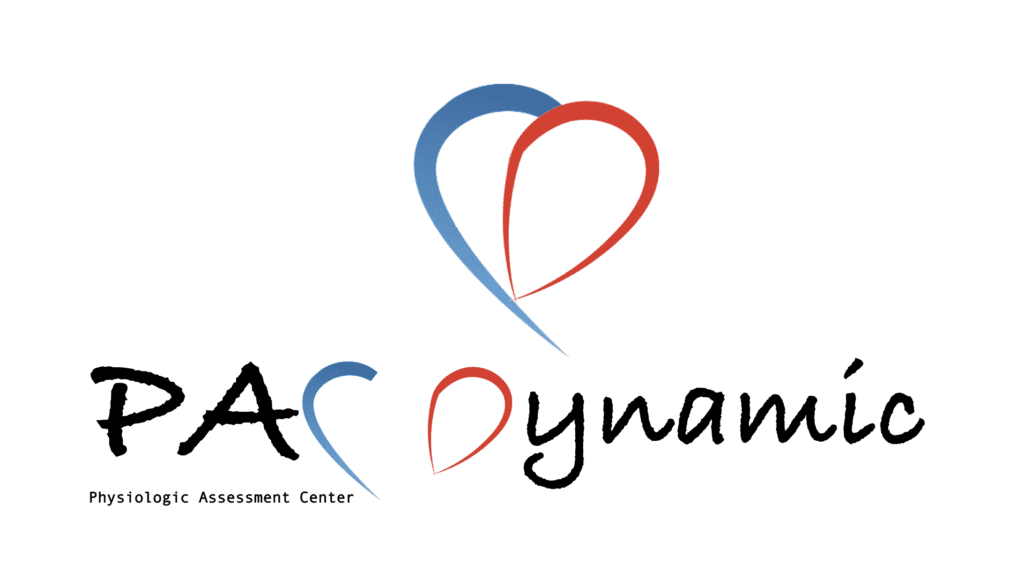PAC Dynamic: Predicting Heart Failure Progression for Precision Care

PAC Dynamic is a participant in Cohort 4 of Transform, a data science and AI startup accelerator powered at the University of Chicago’s Polsky Center for Entrepreneurship and Innovation and Innovation in collaboration with the Data Science Institute.
PAC Dynamic is a precision medicine company using patient-specific data – and a proprietary algorithm – to predict cardiac events.
While heart failure is a progressive disease, it can often be challenging to identify the key warning signs of disease acceleration. Because of this, over half of patients who are eligible for heart replacement therapy are either referred too early or too late.
PAC Dynamic has developed a proprietary algorithm that can uniquely define the cardioenergetic profile of the patient to address this issue, and it’s backed by a team of advanced heart failure cardiologists, interventional cardiologists, and mechanical engineers from several large academic medical centers.
A partnership that began as a research collaboration, the founding team, Jonathan Grinstein, Ryo Torii, and Pablo Blanco, initially connected through a mutual acquaintance, Hector Garcia-Garcia, who now is an advisor to the startup. The trio all had an interest in better understanding the physiology and hemodynamics and cardiac devices, and as their research evolved, it became clear that they had a commercially-viable technology.
PAC Dynamic was created to further accelerate the concept. And the Mayo Clinic’s Rohan Goswami, a leader in the field of artificial intelligence and machine learning models applied to heart failure, has since joined as the chief technology officer.
“We have pioneered the concept of advanced hemodynamics to better understand the cardiac condition,” said Grinstein, CEO and director of mechanical circulatory support and director of research for the advanced heart failure group at the University of Chicago.
The team also was the first to introduce and define the importance of two novel hemodynamic parameters: the aortic pulsatility index and the myocardial performance score. These parameters uniquely define cardiac efficiency and myocardial performance and allow for a more nuanced understanding of the energetic state of the patient.
Cardiac energetics and targeted therapies that can restore favorable energetics have since become an emerging area for the field, in part due to their work. Building on this, the team developed the “Virtual Patient Simulator,” or VPS, which reverse engineers the patient’s complete energetic profile from their hemodynamic profile and incorporates this information into a clinical decision support software.
“Whereas other risk prediction models rely on population level data and do not incorporate patient-specific physiology, our algorithm can uniquely identify the energetic tipping point for patients living with heart failure by incorporating the patient’s real-time hemodynamic and energetic properties,” explained Grinstein. The model can accurately predict heart failure trajectory and model anticipated responses to medical and device therapies.
Leading device companies and others – PAC Dynamic was recently awarded a $150,000 co-investment from the George Shultz Innovation Fund – have already been responding with “excellent feedback.”
“The need for objective tools to help guide patients and clinicians during the patient’s heart failure journey is a well identified need for the field and our innovative solution has been well-received,” added Grinstein, noting that interest in collaboration is high.
Over the next year, the goal is to obtain FDA 510 clearance and roll out the Virtual Patient Simulator in an app form for smart devices. Longer term, PAC Dynamic aims to incorporate its technology into hospital electronic medical records, cardiac catheterization lab software, and bedside monitors for patients admitted to the hospital to provide real-time clinical guidance.
As for participating in the Transform accelerator, the team hopes to align with like-minded business professionals and leaders of industry who can help them expand and refine their business model and connect with qualified investors.
// Read more about Cohort 4 startups: Asters | Dev Difference | Legion Space | ORO Intelligence | Slideflow Labs